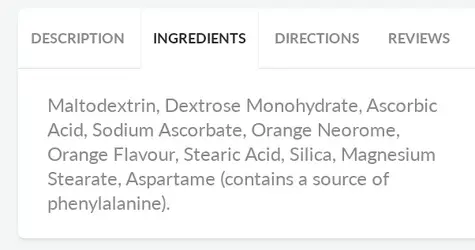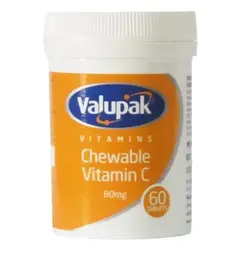What most people - including vets who aren't dealing with guinea pigs on a regular basis - don't know is that grass is high in vitamin C and that good quality hay (which is the main food group that should make around 80% of the daily food intake) also still contains enough; it is the reason why guinea pigs never had the need to make their own vitamin C in the first place after all. It is also the food that the crucial chewing back teeth at the back of the mouth have evolved against (the silica in grass is very abrasive, so guinea pigs have some of the fastest growing teeth of all rodents; the incisors at the front of the mouth are self-sharpening) and why guinea pigs need to digest their food twice; they eat some of their poos (so-called caecotrophs) for that purpose.
You may find this link here highly interesting in learning more about guinea pigs as a species and understanding better where they come from and therefore what they need:
Guinea Pig Facts - An Overview
All I can say is that we have never sees any cases of scurvy from guinea pigs on unlimited hay, except when guinea pigs on regular artificial vitamin C supplements experienced a sudden drop of their leves and were displaying symptoms of vitamin C deficiency despite their vitamin C levels still being higher than normal guinea pig ones. And we have been going for nearly 15 years with literally tens of thousands of piggies passing through this forum.
It is much better to only give a 2-3 weeks vitamin C booster course if your piggy is suffering from an illness/infection that is linked to a lowered immune system; it is comparatively rare in well cared and properly fed guinea pigs as they have a fully functioning strong immune system, so don't expect having to boost often or even - if you are lucky - ever!
Otherwise, it is much better and much more life prolonging to concentrate on a good quality grass hay (and NOT veg) based diet because that is the true long term health booster and the one measure that actually can add as much as 1-2 years to a healthy life span and take it from the lower end of the average life span to the upper end and beyond.
Please take the time to carefully read our diet guide. You will find it very helpful. It looks at the diet as a whole and at each food group in the kind of practical detail that new owners find more useful. The closer you can keep the diet to that on which guinea pigs have evolved on (dry, i.e. hay, and fresh grass supplemented with some mainly herbal forage for those trace elements that their main food doesn't supply), the better. Fruit and root veg plus sweetcorn high in sugar count as treats.
Here is the guide link, which you may want to bookmark:
Long Term Balanced General And Special Needs Guinea Pig Diets
The guide link is part of our much more extensive practical and informative information resource for new owners; unlike many books we do not gloss over the sticky details that can trip up many newbies. We cover settling in and making friends with guinea pigs (including a spot of 'piggy whispering'), understanding their behaviour; housing, diet and care; learning what is normal or not, life-long health monitoring and how to spot illness early on; preparing for vet care, emergencies and loss.
Here is the link - another one you may want to bookmark. It is one of the best and most comprehensive currently around:
Getting Started - New Owners' Most Helpful Guides
Our full and even wider information can be accessed by clicking on the guide shortcut on the top bar.


